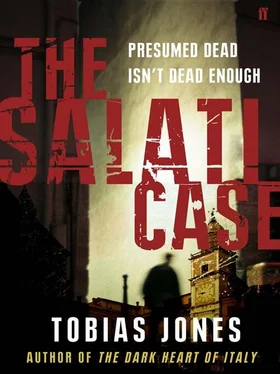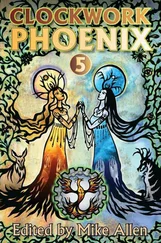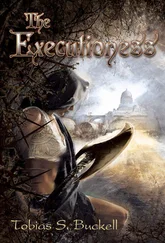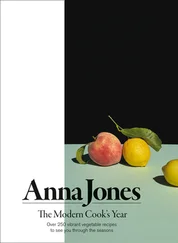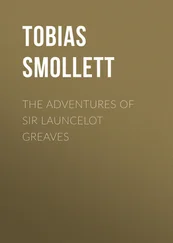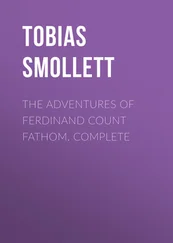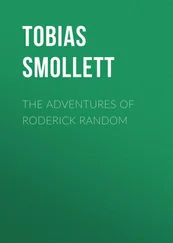‘He would leave on a whim,’ she said eventually, ‘or show up on another. You never knew where he was going to be from one minute to the next. He was often away all summer working in the hotels in Rimini. Then, out of the blue, I would be woken up by him shouting to his mother in the middle of the night, asking her to open up. No warning. There was no warning to anything he did, except when he went missing. That was the one thing which, looking back, might have been expected.’
‘How come?’
‘Just the way he lived. Like I say, he would be here one minute, gone the next. He was a wanderer without roots, and sometimes those kind of people just’, she had the weed in her hands and was looking at it, ‘don’t come home.’
‘Did he have many friends here?’
‘I wouldn’t say that. But he wasn’t disliked. And he certainly didn’t have any enemies.’ She looked over to the house opposite. ‘But ever since he moved out east we all lost touch with him.’
‘And who was Riccardo’s woman?’
She paused. ‘A girl called Anna. She came up here once or twice, but she and Silvia fell out. They were both strong women and both had their opinions.’
‘What did they fall out over?’
‘I don’t know and I didn’t ask. But I expect Silvia thought she wasn’t good enough for her son and probably said as much.’
‘Riccardo and Anna had a child, right?’
‘They had a little girl. She was the other reason that Ricky’s disappearance hit Silvia so hard. It meant she lost her little granddaughter as well.’ She inhaled deeply and seemed to shudder with the effort. ‘Silvia mentioned them more and more towards the end. I got the impression she had an idea of what had happened. She felt guilty in some way for letting it happen.’
‘Letting what happen?’
‘Letting Riccardo disappear. Allowing him to walk out on his life and his family. Maybe it was just she felt guilty for giving up on him. She always said she just wanted to know. She said that until she knew she couldn’t get on with her life, and she said that even as she was dying – as if she had any life left to her. I can’t get on with my life until I know, she used to say.’
I frowned. I was used to these pat phrases by now. People always said the same sentences over and over, and always with such solemnity.
‘She knew she was about to die’, the woman was carrying on, ‘and she wanted to straighten everything out.’
‘How did she intend to do that?’
‘Hire you, I assume.’
I nodded. ‘Her other son, Umberto,’ I said. ‘He and his wife separated, right?’
‘Yes, they’re separated, but she was up here too when Silvia was dying. Roberta she’s called. A nice lady.’
I tried to remember all the names I was accumulating. I didn’t want to write it all down for fear of freezing the old woman. I looked at her again. She was petite. Her grey hair was pulled back into a bun so that you could see her wrinkled, elegant face.
‘Did they have a happy marriage?’
‘Umberto and Roberta?’
‘No, Silvia and…’
‘Paolo?’ She looked at me with stern, blue eyes. She looked over my shoulder as if the distance might be able to provide her an answer. Eventually she looked back at me.
‘I honestly don’t know.’
‘But you have an idea?’
She shook her head. ‘I’m uncomfortable speculating on anyone’s marriage, let alone that of a friend who isn’t yet buried.’
I nodded slowly, as if in recognition of her tact. Tact, for once, was enough. It was as good as an admission that the marriage wasn’t a bed of roses. Marriage never is from what I’ve heard.
‘Were there other people?’
She shrugged and said nothing. We stood there side by side in silence for a few minutes. I’ve never come across the family that doesn’t have secrets, and the Salati family sounded like it might have a few of its own.
‘I’ll go and pay my respects,’ I said, bowing slightly to the woman. ‘I didn’t catch your name.’
‘Lucentini. Maria Lucentini.’
I nodded and walked towards the Salati house. As I was going through the door, I saw Umberto.
‘I thought I would come and pay my respects,’ I said.
Umberto nodded and pointed me to the end of a corridor and towards the stairs. He looked different. He must have shut up the shop for lutto and it looked as if he had been crying. There were other women going in and out of the rooms, carrying drinks on trays. The whole house smelt of incense and spices, of cinnamon or cloves and candles.
I walked up the stairs and found the coffin in a room beyond the other bedrooms. It was on varnished trestles and the lid was held open at an artistic angle. I looked at her marble face. I’m so used to seeing violent deaths that it surprised me how serene she looked. No blood and no bruises. I stared at her for a minute, half expecting her to twitch back to life.
There was no one else in the room. I pushed the door slightly shut and looked around. There was a chest of drawers covered with photographs.
I looked at them all quickly and saw one of Umberto and another man from what I hoped was fifteen years ago. It must have been the two brothers, they looked so similar. Umberto already looked like he was widening out. He was simply staring at the camera. But Riccardo, if it was him, was smiling, showing a wide gap between his teeth. It was a roguish kind of face. He looked like a man who could switch on the charm like a tap.
I slipped the photograph out of its frame and into my pocket. I shook Umberto’s hand on the way out, but didn’t say anything. There’s not much you can say when someone’s dead and ‘sorry’ is pointless the first time, let alone the second.
I drove back to the office slowly. It was getting dark and I got lost as usual. I had turned left too soon and ended up driving through hamlets I had never heard of.
By the time I got back it was gone six. I took the photograph and ran off 200 copies on my cheap paper that warped with the warm ink. I looked at the photograph again: Riccardo’s face was thinner and more melancholy in black and white. The lack of colour made him look like something from long ago, a relic from another age.
I put all my equipment in the safe: the notebook, the gun, the camera. I was about to go to bed when the phone went.
It was Mauro. He wanted to tell me a woodpecker had had a go at one of the hives and had almost made a hole. ‘It looks like the thing’s made of balsa once the pecker’s been at it two minutes.’
Mauro was my only schoolfriend who had had less luck than me. He had gone into the army, got shot up in countries he had never heard of. Had a marriage as messy as a nightclub at dawn, only now it was a divorce, so he didn’t even have that.
I kept my hives in his back garden for all sorts of reasons. Mauro didn’t have neighbours, for one. And because having my stuff out there gave me an excuse to go and see him often.
‘It was making an almighty noise,’ Mauro said, ‘almost knocking the thing over. I’ve shooed him away twice.’
I said I would come round. If I knew Mauro, the real reason he wanted company was to get his elbow to work.
It was only a ten-minute drive to the north of the city, and Mauro was there in his garage when I pulled in. We took a torch and went to look at the hives. He showed me the damage: a long, vertical scar. The bird hadn’t quite made a hole, but he had been halfway there.
We looked at the other hives. I’ve only got eleven, so it didn’t take long. They seemed all right. I said I would come back later in the week and fix up the cracked one.
‘Drink?’ Mauro said.
Mauro was like a lot of drinkers. His struggle against the poison made him into a pessimist and he ridiculed anyone who made a show of being rigorous or upright. And yet at the same time he was more idealistic than any of us, and could be brutal when he saw hypocrisy or deceit. With a glass inside him he started talking about a recent case of a well-known mafioso from down south who had been let out of prison because he had hiccups. That wasn’t quite the story, but that’s how Mauro told it. And from there he was quickly on to the subject of our wonderful, sad country.
Читать дальше
